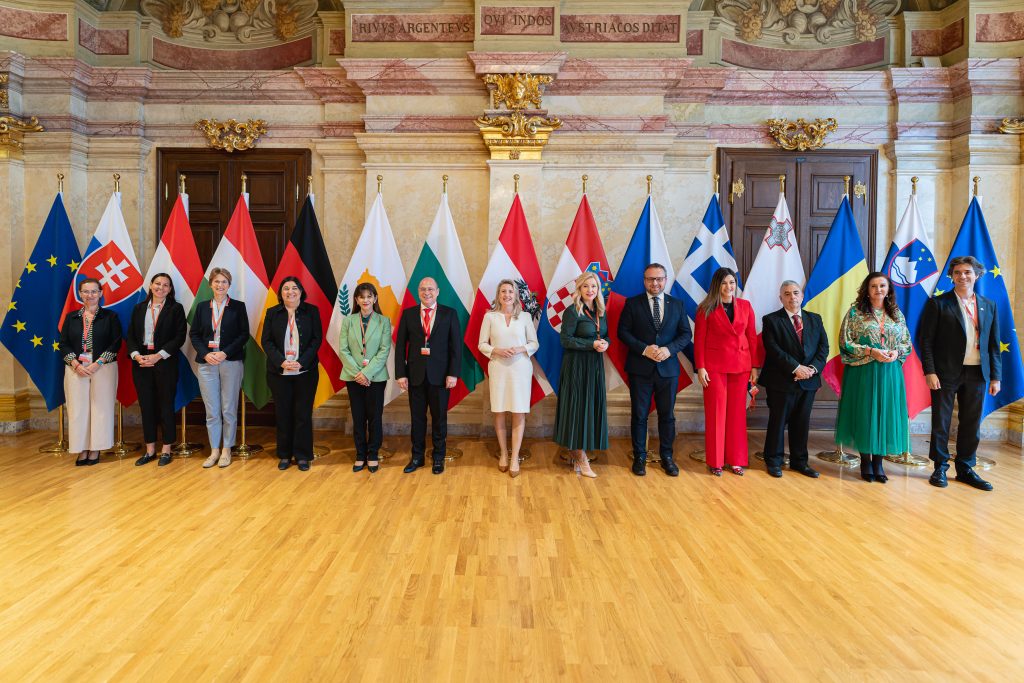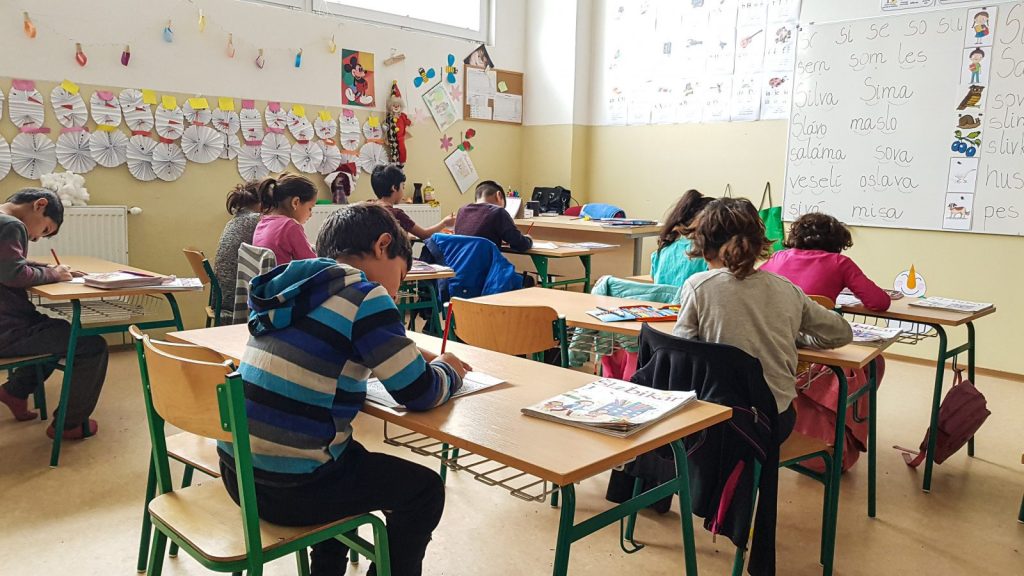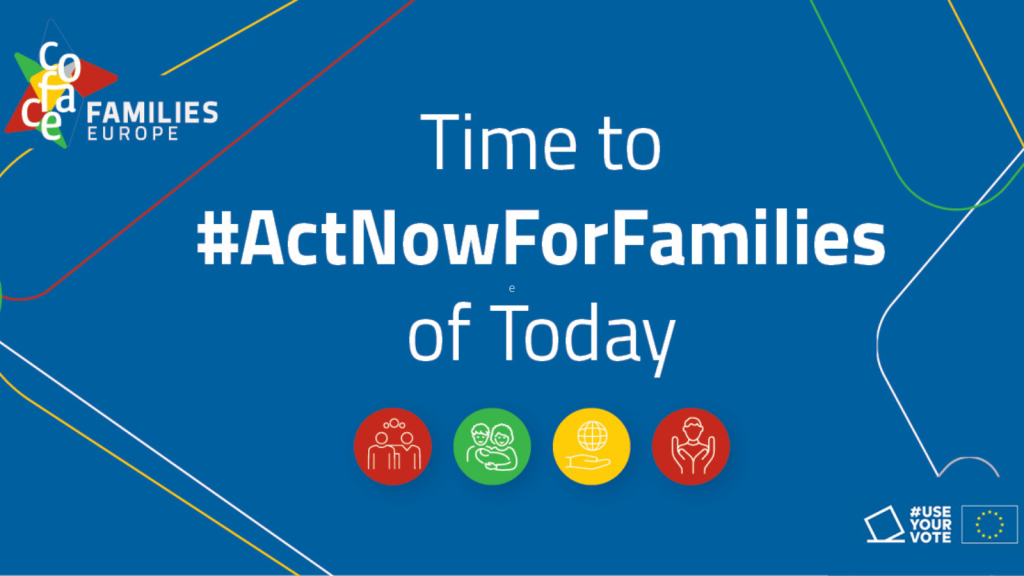The High-Level Group on the future of social protection and of the welfare state in the EU was initiated at the end of 2021 by the Commission as announced in the European Pillar of Social Rights Action Plan.
The main task of the High-Level Group was to analyse the expected impacts of megatrends such as demographic changes, resulting in a shrinking workforce and an ageing population, transformations on the labour market and the digital and green transitions, as well as the emergence of new risks on the social protection and on the welfare systems.
The members of the group furthermore analysed the implications of these impacts for the design and scope of social protection systems and the financing of social protection and developed key strategic recommendations to both national and EU levels for the future of social protection.
In its final report published in February 2023, the High-Level Group developed a vision on how to reinforce social protection systems and the welfare state considering ongoing and new challenges, in a medium to long-term (looking ahead to 2030).
The report includes a section on adapting the welfare state to integrate a life-course perspective, which includes a section on early and family life, highlighting the different objectives of family policy across Europe (protecting mothers, preventing/tackling child poverty, promoting gender equality, increasing female employment, promoting parenting and child development) and corresponding policy tools (non-transferable leaves, financial benefits, high-quality Early Childhood Education and Care, social and support services).
The conclusions of the report underscore the importance of an inclusive and fair welfare state to minimise social risks and mitigate economic hardship while supporting economic output and individual well-being. A modern welfare state should provide strong buffers against economic shocks and invest in ‘stepping stones’ that help people across critical life-course transitions. Recognising there are no one-size-fits-all solutions for the diverse European welfare states, the report puts forward a list of 21 recommendations to modernise and reinforce the welfare state. All recommendations are highly relevant and include the following which are of direct relevance to the work of COFACE.
- “Protect and support families with children: for instance, childcare for all children under 3 should be free or affordable. Also, people should have access to adequate financial support and early childhood education and care services to make it easier for them to start a family. For vulnerable families, these services should be free.”
- “Equal opportunities for education and training: welfare states should guarantee equal opportunities for young people from low-income families so they can continue education and training after compulsory school, for instance with scholarships.”
- “Quality of work: Member States and social partners should support job quality including decent and secure income, autonomy, physical and mental health, opportunities for career development and work-life balance.”
- “Promoting inclusive and environmentally friendly housing and transport: Member States should foster housing that is affordable, energy-efficient, and based on ‘universal design’ principles, ensuring that it is accessible to all. Support should be provided to households with low incomes or savings (in particular young people and families with children), and people with disabilities or older people with special needs. Member States should support local authorities, housing associations, and social economy organisations in this process, and the EU funds should support pilot social innovation projects.”
See the full report here in English.





